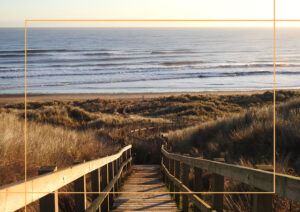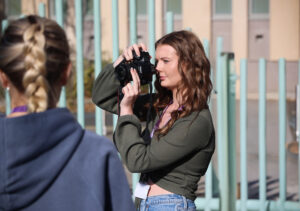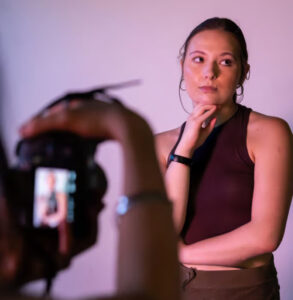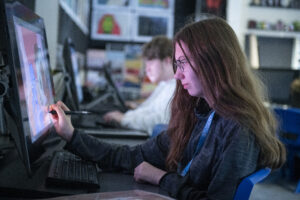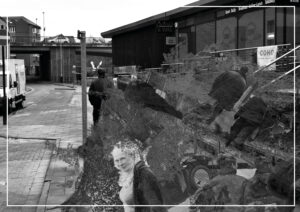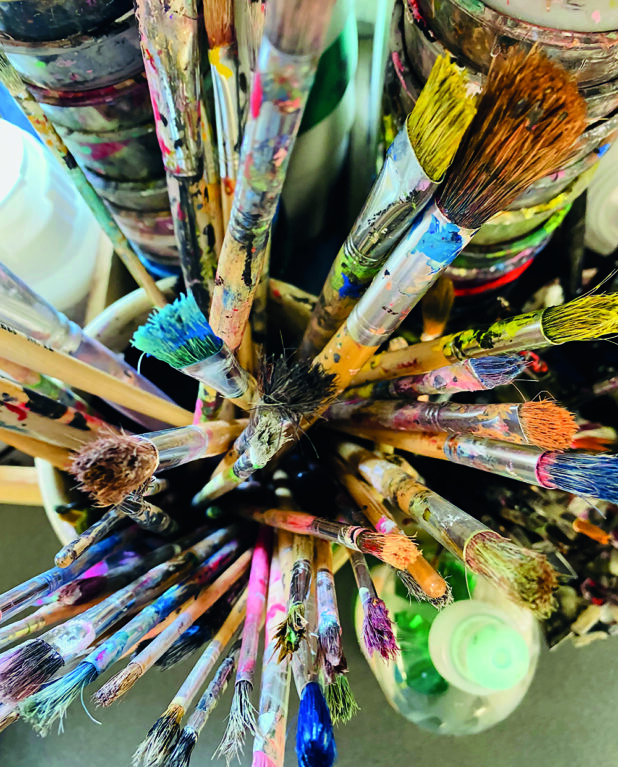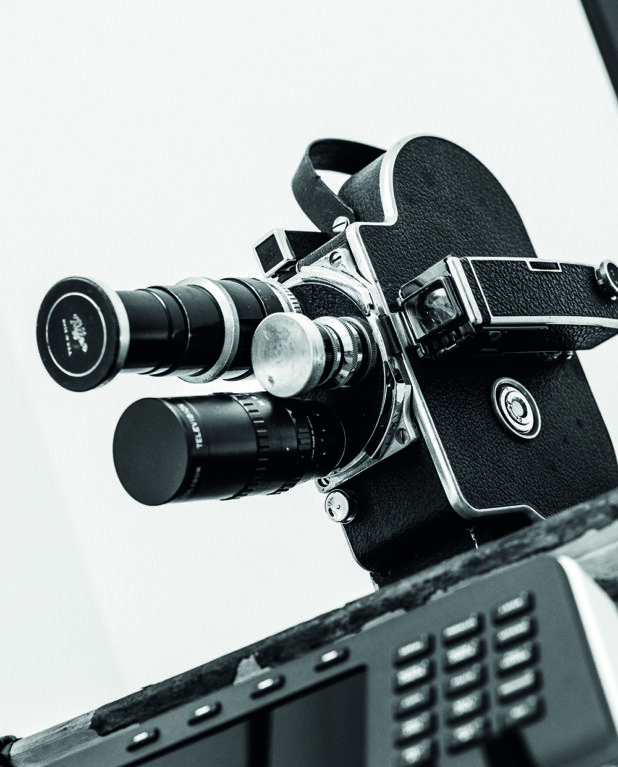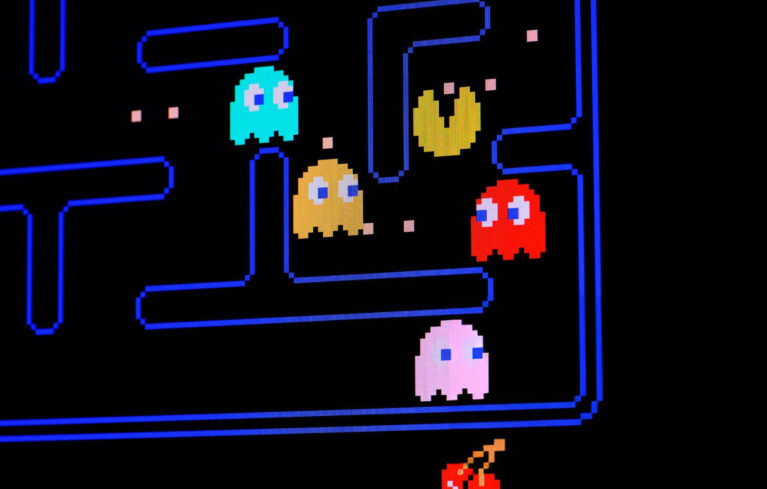Students will be required to demonstrate skills in all of the following:
- The ability to explore elements of visual language, line, form, colour, pattern and texture
- Awareness of intended audience or purpose for their chosen area(s) of photography
- The ability to respond to an issue, theme, concept or idea, or work to a brief or answer a need
- Appreciation of viewpoint, composition, aperture, depth of field, shutter speed and movement
- Appropriate use of the camera, lenses, filters, lighting and alternative photographic processes or work in their chosen area
- Understanding of techniques related to the production of photographic images and, where appropriate, presentation and layout.


